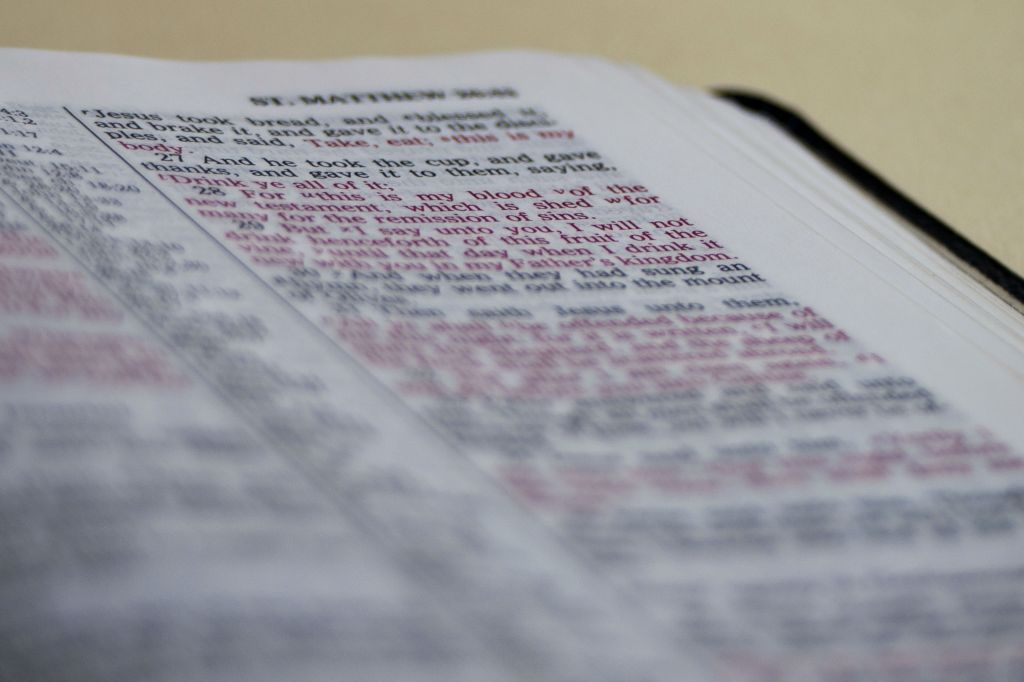The Power of Stet

It’s difficult, when editing a book, deciding how much you a) trust your judgment and b) trust your editor’s. A great deal boils down to the individual. Do I, as a writer, know my editor and respect their judgment, understand their point of view and have faith that, even if I think that Sentence X is the single greatest thing ever to appear on a page, if they don’t understand it that’s not just about them, but will reflect the view of readers as a whole? Equally, and as important, do I as a scribbler have faith in my own writing skill? Do I know with words I cannot fully express, that Sentence X is the correct choice of language at the time, for reasons of story, imagery, character etc.? Living in a bubble, as writers often do, it can be hard to judge.
Certain rules of thumb apply.
If an editor cannot understand a sentence, odds are other readers won’t be able to either. Sometimes this is a vocabulary thing – ‘quick, we need an EEG and a PCP stat!’ – to take an example. No one really knows what this means, but is that okay? We know what it means emotionally, we have a sense of what it means culturally even, courtesy of years of medical dramas on the TV. Can we therefore forgive an incomprehension of words, in favour of a truthfulness of meaning?
Sometimes – mostly – it’s just a bad sentence and looking at it, you instantly see how bad it is and shudder with self-reproach at having ever penned a thing so poorly.
Sometimes, an editorial note will be about something big – this chapter is unsatisfying, this ending doesn’t quite work. I usually have a great deal of sympathy for this, as reading the chapter I too will have a sense that it’s pretty pants. Very rarely do I disagree with these sorts of statements, particularly if they then come with something helpful. ‘Perhaps this, or maybe that?’ suggests the editor, and I rock with relief since frankly, the only reason I haven’t fixed the chapter already is because I didn’t have any bright ideas. Now my editor has one for me, and I thank her. One of the reasons I love my present editor: her editorial notes are full of her streams of consciousness. ‘So I read this and I thought maybe it meant this, but actually it could mean that, and I don’t know if you need clarity though I think perhaps you do, and maybe it’s because this character is this but I dunno, again, you said here that she could be that….’ In theatre, and indeed in life, I have been told I need to be more concise in my use of language. How grateful I am to my editor when she isn’t – her train of thought triggers my own, and a dozen solutions emerge where there wasn’t one before. An editor can be so much more than a ‘no’-woman; at their best they’re a springboard for awesome ideas.
At the opposite end of that spectrum, there’s that terrible day you get an editorial note which reads, ‘I think there’s something wrong here… not sure what… could you have a look at it?’ How my heart sinks.
‘Sometimes,’ whispered my agent, ‘I tell writers to put in an obvious error to their books, just so that the editor feels like they have something to say.’
Shameful! Disgraceful! And yet… in the face of notes that have no actual content, a temptation, perhaps…
‘Do you feel this dialogue is too long?’ asks another editorial note, and how judiciously I suck in my bottom lip as the temptation to reply, ‘I feel that the entire chapter is too long and this sub-plot sucks,’ whispers around my tongue. It’s unusual, but it can happen – that day when an editor is actually kinder about the book than the writer herself wants to be. Then the temptation can be to under-edit, and see what you can get away with, and it’s a deadly trap.
Finally, that most delicate of editorial notes: ‘I see why you’ve done this, and it makes sense, but I’m just not sure if it’s accessible to a broad audience of readers…’
Arggh. Argh and um and argh. So many layers or argh result from this statement. On the one hand: no. Just plain and simple no. You, my editor, have found the heart and the sorrow and the joy in this character, you can perceive the merit of this narrative arc, so what the hell are you doing assuming that readers are any dumber than you? Total absolute fail.
And then again… you, my editor, spend your days immersed in books, you study books, you live the production and the commerce of books, and frankly, you know more about the generic trends in reader tastes than I do. Would it kill me, putting in a few extra-fluffy sentences here or there to just reassure my reader that yes, it will all be alright? Will a few hundred words destroy the overall power of this text? What do I value more – my ‘artistic sensibilities’ whatever that means, or my future career as a novelist who is, hopefully, read by as many people as possible? Sub-question: by sacrificing my own artistic view on this matter, will I end up with a worse book? A patronising tome of drivel that offends everyone who reads it? Is it not the mission of writers and of publishers to raise the expectations and the ambitions of all readers, everywhere? I am no fan of impenetrable books, but if what you propose is jamming in a love affair or tuning a character’s sentimentality up to 11 in order to ‘make it more emotionally accessible to non-genre readers’ then arrggh. Argh and yes and no and um and argh. Here is a can of worms: please open carefully.
Then there’s copy-edits. I again have a huge amount of faith in the in-house copy editor at my publisher who handles these things, and thank her for her patience with my endless bad spellings. Another thing she needs to be patient with is authorial whimsy. When attempting to express why a freelance copy-editors substitution of ‘cold’ for ‘chilled’ is wrong, I often struggle to say anything other than, ‘doesn’t fit the rhythm’ or ‘it’s the wrong colour of word’. I don’t have a particular background in literature, and as a result struggle to express what I feel doesn’t fit in a sentence. Words, in my head, have rhythm, music, colour, texture, they ebb and the flow, change direction, can be light as souffle or land like bricks. None of which is necessarily a helpful image to explain why I might disagree with an editorial change.
For years I was incredibly hesitant about disagreeing with a copy-editorial note. My assumption was that if a copy-editor felt a word or a line needed changing, then they were almost certainly right. It wasn’t until my fifth book that my Mum turned round and said, ‘you know about stet, right?’ Stet means ‘let it stand’ and is the universal command writers can use for changing back something in a manuscript that a copy-editor may have changed. My Mum suggested I deployed it in the face of a change to the first line of Horatio Lyle. I was going through A-levels at the time, and still very much in awe of anyone over the age of 20. The line had been ‘In the West, the sun is setting’ which by honestly random chance turned out to make a lot of sense, in that the last line of the book then became ‘in the East, the sun is rising’ (dig that accidental literary whatsit). The copy editor had come along and altered it to something of the ‘at sunset, in the West, the sun goes down’ school of language and it was, simply, wrong. Plain, unnecessary, wrong. ‘Stet!’ hollered my Mum, shaking the manuscript from my lap. ‘Stet that sentence!’
I have received some wonderful copy-editing in my time; I’ve also sat on the receiving end of some curious parochialism that reminds me just how much every book is a construct of the reader, as much as the writer. ‘I don’t think this spell would work like that’ in the margin of a Matthew Swift book, or ‘leylines don’t follow the underground map,’ in another book in the same series, correcting my entirely invented – INVENTED – urban mythology. Sentences can be transformed in just a single correction. In Touch (the next Claire North book) I remember a kinda wonderful note from the otherwise excellently edited manuscript, in which a sentence that had been written, ‘… better than the 2.2s and STDs they might have had…’ became at copy-edit ‘… better than the 2.2s and passes they might have had…’ A single substitution and the sentence is utterly altered, and in this new era of Microsoft track changes (a function I despise) these things are very easy to miss. In the quest for clarity, individuality can sometimes vanish. A train which pulls into Berlin central station at 6.27 a.m. may be changed at edits to arrive at 6.30ish – a bizarre obscurity that removes the precision of a character’s narrative. A narrator who opens a thought with ‘1956 was a bad year for trousers’ may now, in the quest for clarity, instead declare, ‘It was 1956 and a bad year for trousers’ and oddly, in the addition of those two words, the sound of the sentence has changed. One is reflection: the other is reliving.
Where does that leave us, then, as we sweat and grunt our way through editorials, wondering what to discard and what to keep, which note we need to honour despite our egos, and which are simply wrong? I think it leaves us where most of life does, stuck in the middle, chewing our bottom lips, muttering, it depends…





